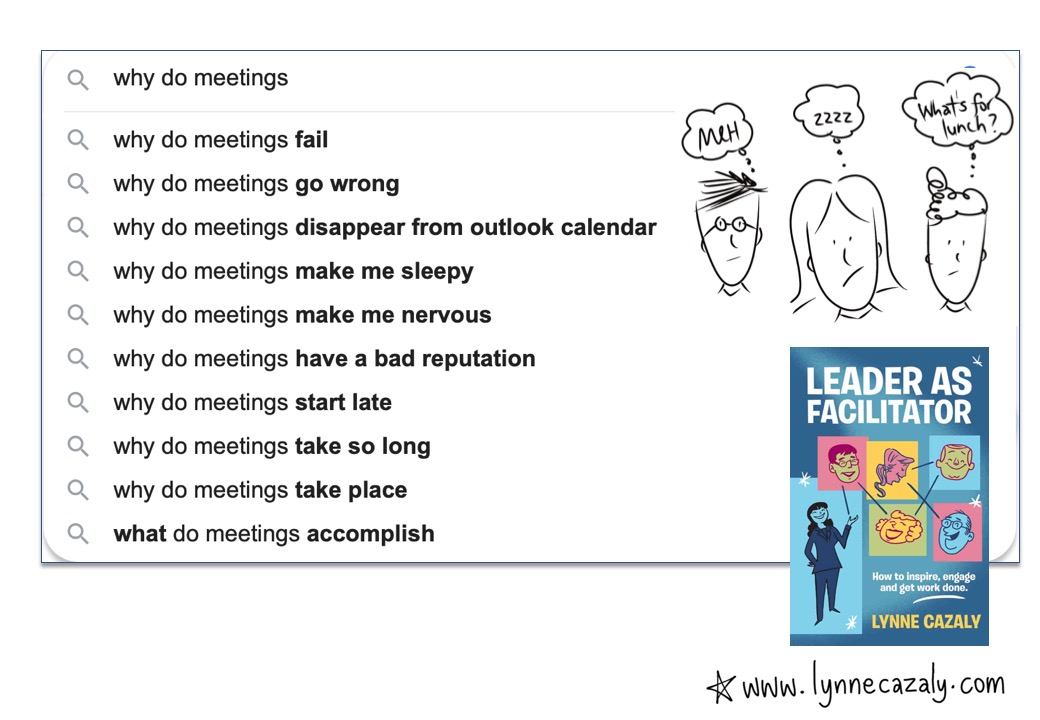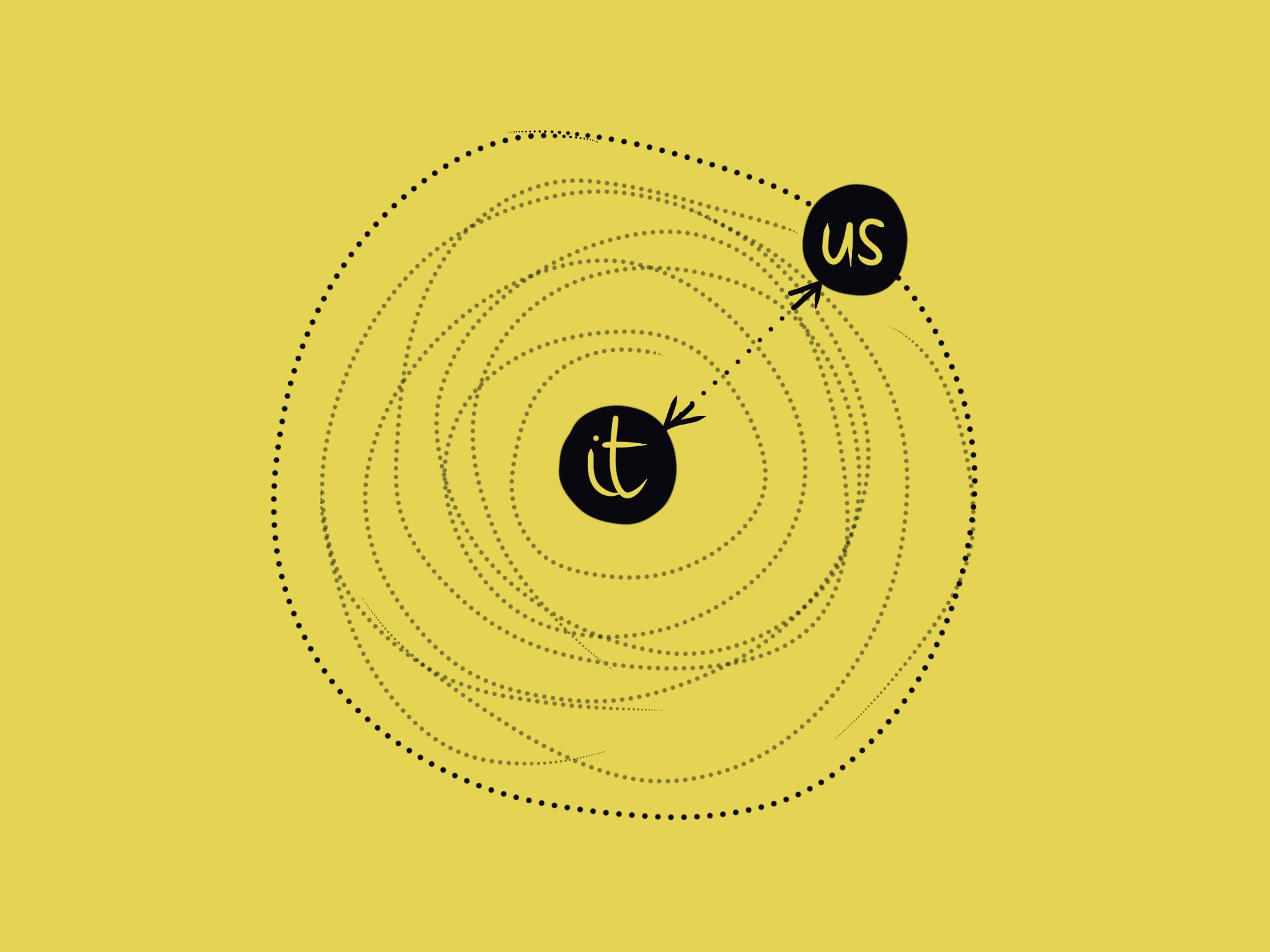Liking it or living it
 Monday, February 10, 2020 at 4:20PM
Monday, February 10, 2020 at 4:20PM  Have you read something, loved it, talked about it… but not done anything with it? Maybe you learned something and thought ‘oh there's a whole other world out there I wasn’t aware of.' Wherever you are with something may not be where others are.
Have you read something, loved it, talked about it… but not done anything with it? Maybe you learned something and thought ‘oh there's a whole other world out there I wasn’t aware of.' Wherever you are with something may not be where others are.
❇️ If you’ve just learned about it, others may have been living it. For ages.
❇️ And if you’re fanatically living it, others can be still completely unaware of it.
Whether it’s a fitness regime, food choices, a way of working or a way of thinking, there’s a progression, a ladder. Fans of stuff admire and enjoy it. But only a few of us go on to actually use it and live it. This applies to skills, activities, techniques, knowledge.
Old guitar in the garage?
Skateboard in the shed?
Business technique you've never really tried?
App you’ve never opened?
Just being aware or admiring it keeps you out of the game. It keeps you safe from learning, developing and changing. To avoid failing or looking silly we spend a lot of time admiring and enjoying others’ activities, ideas and achievements. Yet we complain of overwhelm and overload.
Use it and live it, or consider deleting it. It takes up real estate in the place you keep all of your overwhelm.




















